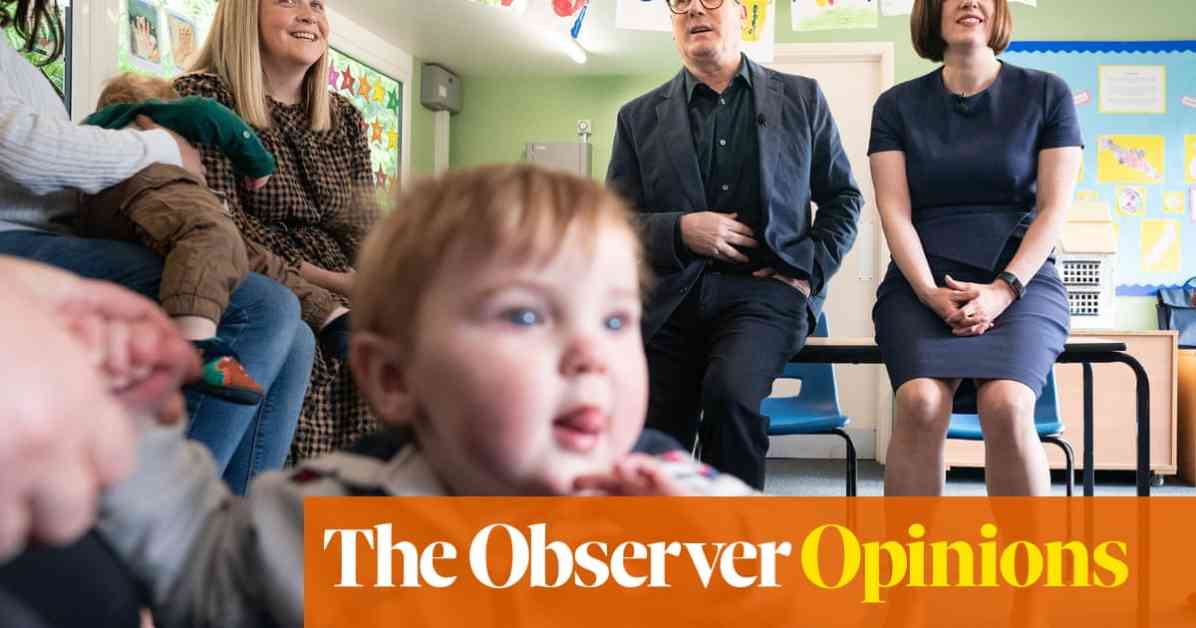One of Labour’s main goals is to create equal opportunities for all children to reach their full potential, regardless of their background. However, their current plans to address the achievement gap between children from different socio-economic backgrounds are not sufficient. A recent report by the Centre for Young Lives revealed that nearly half of children eligible for free school meals are not “school ready” when they start, compared to 38% of those who are not eligible. This disparity has worsened due to the pandemic, with more children starting school unprepared and facing difficulties in communication and socialization.
Being unprepared for school has significant consequences for children’s development. Those who are not school ready are more likely to fall behind in reading and are at a higher risk of disengaging from education as they get older. This can have long-term effects on their future education, employment, and health outcomes. Therefore, it is crucial to focus on early years support to bridge the socio-economic gap that emerges even before children enter school.
Programs like the Sure Start scheme and high-quality nursery provision have been proven to be effective in addressing these issues. However, after years of public spending cuts, early years services are in a precarious state. Sure Start has been dismantled, and the nursery sector is struggling due to inadequate government funding. There has been an increase in nursery closures, especially in disadvantaged areas, and a shortage of qualified early years practitioners.
Labour’s current plans to close the achievement gap in the early years are insufficient. While the government has allocated some funds for new nursery classes and free breakfast clubs in primary schools, these measures are incremental and do not address the root causes of the problem. There is a lack of policy to re-establish a comprehensive early intervention program like Sure Start or to provide support for children falling behind in school.
It is crucial to prioritize investment in closing the attainment gap, as the long-term costs of failing to provide children with the necessary skills and knowledge are significant. Every year that passes without adequate support for disadvantaged children is a missed opportunity to make a positive impact. It is not just an economic issue but also a moral imperative to ensure that all children have equal opportunities to succeed in life. The government must allocate the necessary resources to address these challenges and invest in the future of our children.


